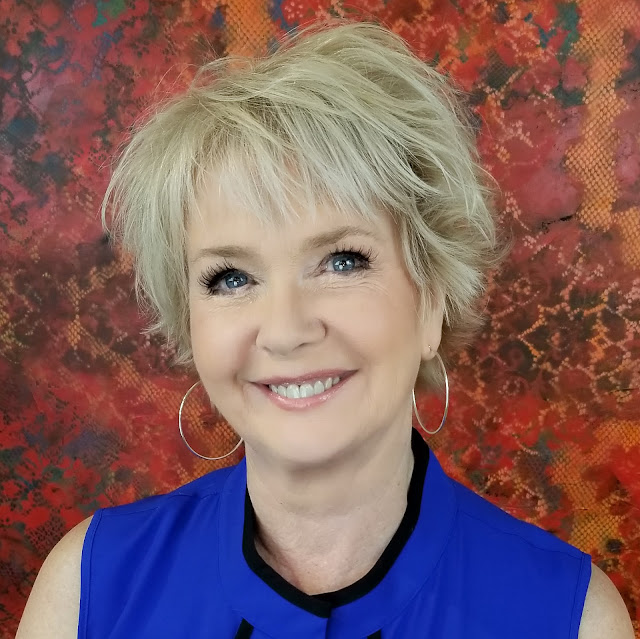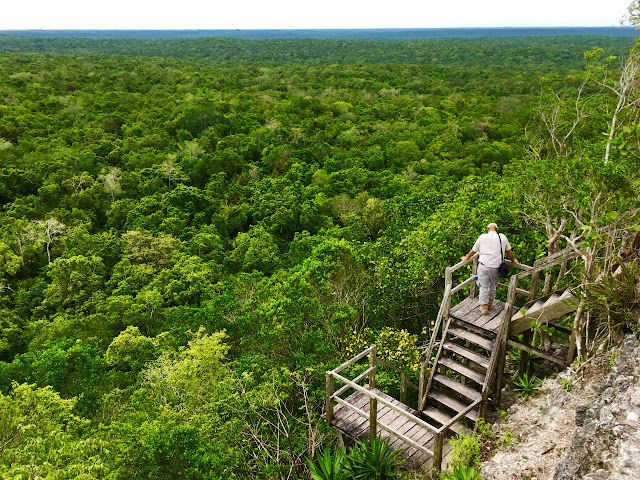 |
| Michael Douglas Stars in "Unbreaking America: Divided We Fall" New Film From RepresentUs Launches on International Anti-Corruption Day |
Following the success of Unbreaking America: Solving the Corruption Crisis starring Academy Award winning actor Jennifer Lawrence—to date viewed over 22 million times—this eye-opening sequel reveals information about how bad America's political corruption crisis is, what's underlying it, and what we can do to fix it.
"At a time when a majority of Americans disapprove of the way Congress is handling its job and want a change in how the government works, the work that RepresentUs does is pivotal to restoring confidence in our political process," said actor and producer Michael Douglas. "I invite every American to be part of the solution and join us as we unrig America's broken political system and make the government work for everyday Americans again."In Unbreaking America: Divided We Fall, Douglas declares that, "America's political system has been hijacked to ensure that those with power keep it." He effectively breaks down the gridlock and corruption in America's government and presents the nationwide grassroots reform efforts led by RepresentUs as the movement that can fix it.
Douglas explains that every issue that Americans care about—from healthcare to national debt—is caught in the grip of corruption. Only 2% of Americans trust that our elections work how they're supposed to. This year, America's two major political parties publicly threatened to blacklist candidates who veered from party lines, propagating a polarized political system so gridlocked that it blocks meaningful progress on the most pressing issues that our nation faces. 61% of Americans want another alternative. But special interests, lobbyists, and the political establishment control the money, debates, primaries and draw voting districts—leaving the average American with a near-zero impact on the leaders that should serve them.
But it's not all doom and gloom. In the video, Douglas presents a solution: a state by state strategy to achieve federal reform. A fiercely non-partisan organization, RepresentUs works around Congress to engage Americans from across the political spectrum to turn the tide against corruption. They lead the grassroots movement to pass commonsense reforms in cities and states across the country that fix our broken elections, stop gerrymandering, and end political corruption.
"Putting the power back in the hands of the people starts with reminding Americans of all political stripes that we own our government and that it's up to us to change it," said Joshua Graham Lynn, Co-Founder and Managing Director of RepresentUs. "Even in today's sharply polarized environment, RepresentUs unites every American under the belief that we will not only restore the government but also hope for the future of our country. I am proud to work with Michael Douglas and millions of supporters across America who are driving this incredible reform movement."Just as was previously achieved with civil rights and gender equality, RepresentUs pushes essential issues to a tipping point by winning victories state-by-state. To date, the movement has passed 113 anti-corruption acts and resolutions in cities and states across the country to build a wave of real and lasting federal change.
Unbreaking America: Solving the Corruption Crisis -The Video
Unbreaking America: Divided We Fall - The Video
About RepresentUs
RepresentUs is the leading anti-corruption organization that is unrigging America's broken political system to create clean government. Co-Founded in 2012 by Josh Silver and Joshua Graham Lynn, they are leading a non-partisan movement of Americans dedicated to putting power back in the hands of the voters. Corruption and a rigged system have halted progress on the issues that Americans care most about, from healthcare to education to government spending. Through the continued passage of state and local laws that fix our broken elections, fight against gerrymandering, stop political bribery, and end secret money, RepresentUs advocates for the federal passage of the bi-partisan American Anti-Corruption Act to restore a government that is once again by and for the people. To date, the movement has passed 113 transformative anti-corruption acts and resolutions in cities and states across the country—and in 2018 passed more anti-corruption reform than in any other year in America's history.
SOURCE: RepresentUs









































